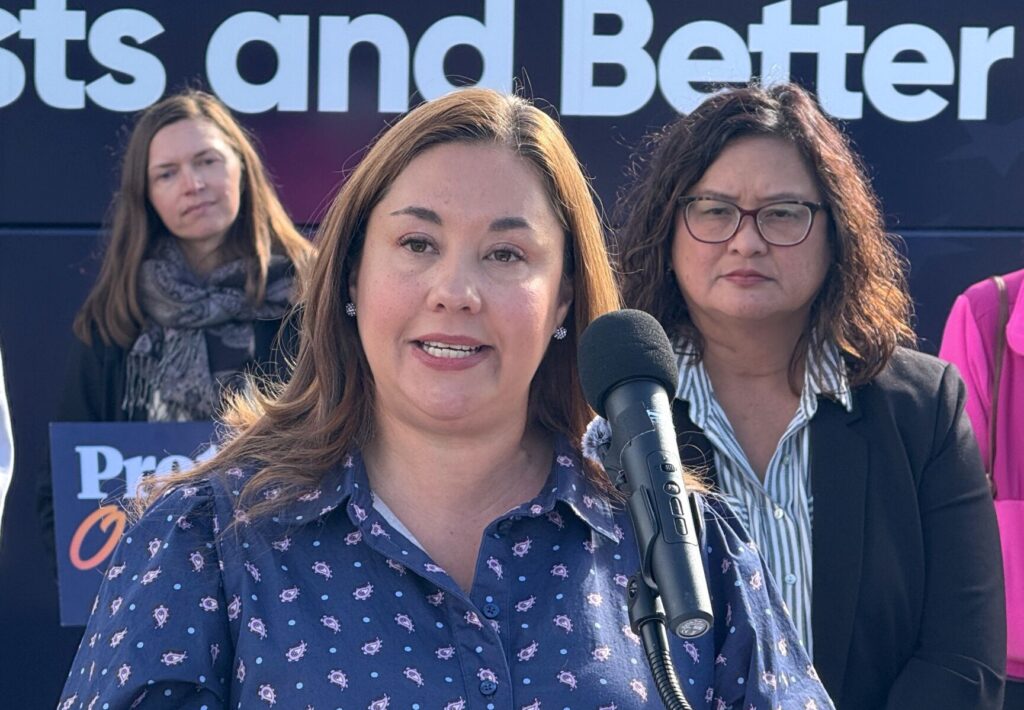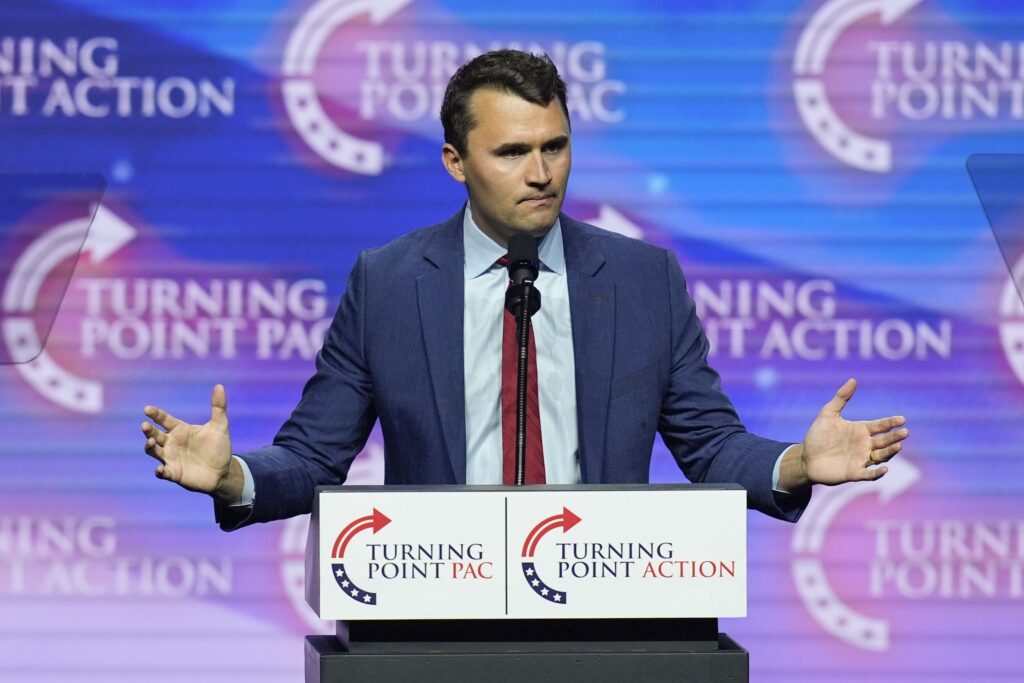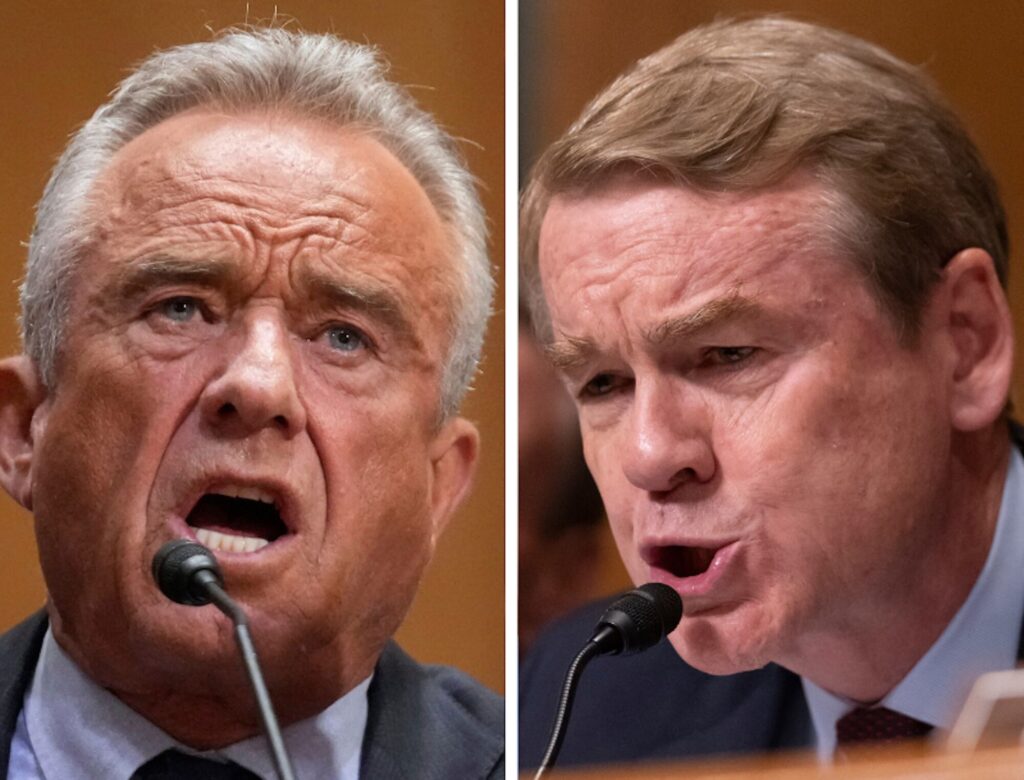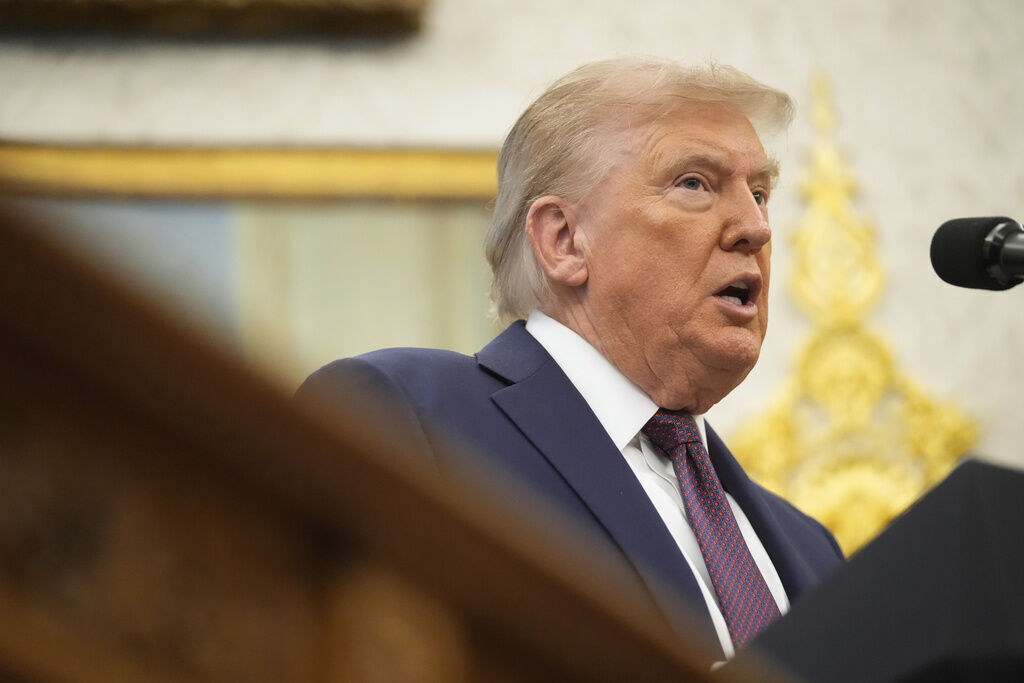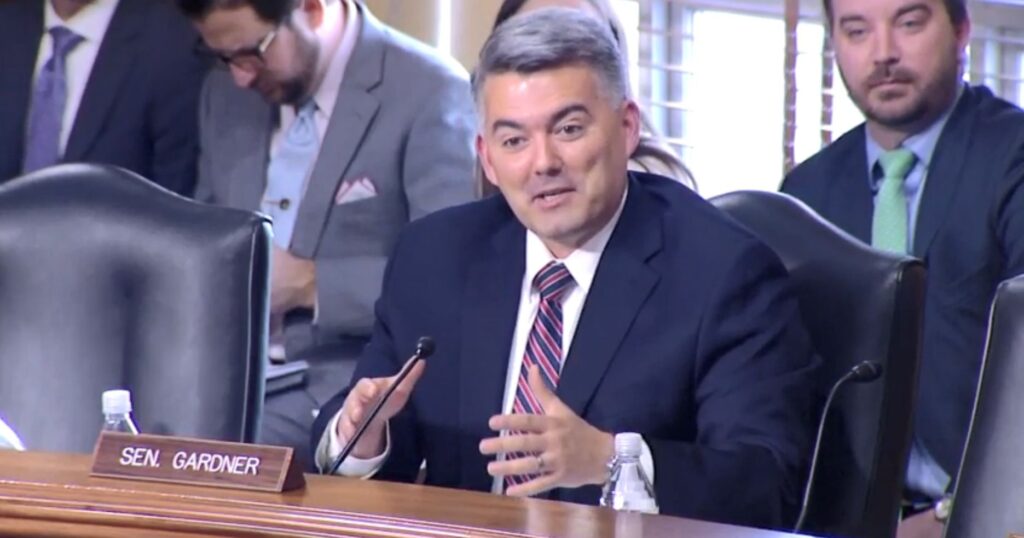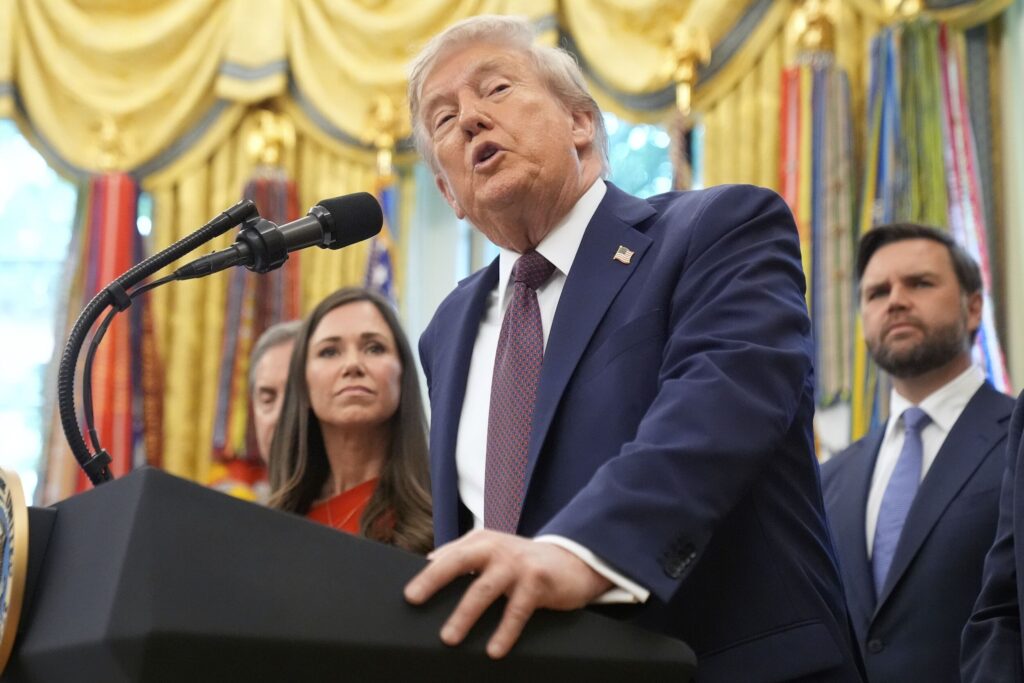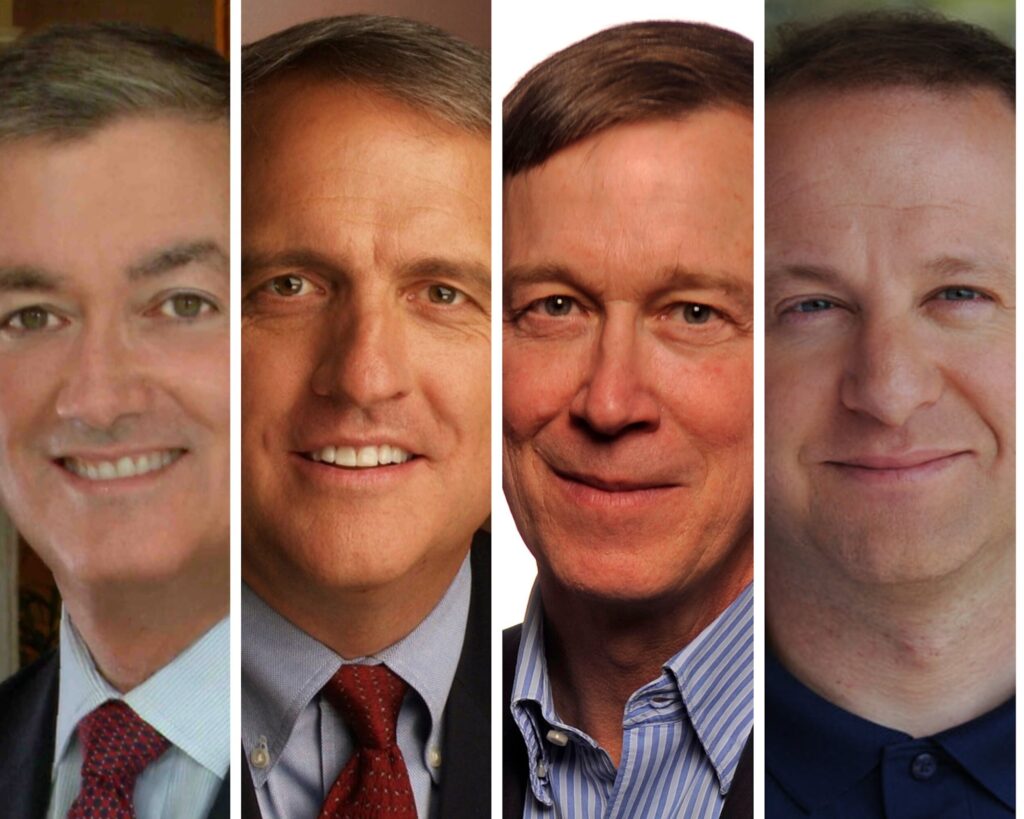White House clarifies new China tariff rate of 145%, not 125%
President Donald Trump is leveraging a 145% tariff rate, higher than previously thought, on Chinese goods, according to White House officials.
Trump made headlines and shifted financial markets Thursday by announcing a 90-day pause on his reciprocal tariff agenda for all U.S. trading partners besides China, Canada, and Mexico.
Throughout the pause, the administration will seek to broker bilateral agreements with more than 80 trading partners now facing a 10% tariff rate for the next three months.
Canada and Mexico will still be subject to a 25% tariff rate for all non-USMCA-compliant goods, but the president bumped China’s tariff rate to 125% after Beijing placed new tariffs on American exports.
However, White House officials confirmed to the Washington Examiner Thursday that China’s effective rate now sits at 145%. The 125% tariff the president announced on Wednesday only factors in “reciprocal” escalations from China and will stack on top of the two 10% tariffs Trump placed on Beijing to pressure China into combating the flow of fentanyl into the United States.
White House officials previously pushed back on reports that the president had considered pausing his reciprocal tariffs but shifted gears on Wednesday. Top advisors, including Treasury Secretary Scott Bessent, told reporters that this had been the president’s strategy all along and that market woes did not factor into the trade team’s calculus.
Trump himself, on the other hand, suggested that stock losses were a driving force behind his decision.
Virtually all U.S. trading partners saw their effective tariff rates drop on Wednesday, at least compared to the president’s Liberation Day announcement the following week. White House aides stress that the massive increase for China keeps the collective financial weight of the president’s tariff agenda the same despite the pause.
China’s escalations are expected to affect American farmers in particular, considering China’s own reciprocal tariffs directly target U.S. agricultural products.
Department of Agriculture Secretary Brooke Rollins told reporters Thursday morning that the administration is hopeful trade negotiations with Beijing can conclude before the summer harvest but will prepare emergency aid for farmers if it appears those talks aren’t bearing fruit.
“It’s going to take a little bit of time to fully understand the implications, especially for our wheat, corn, soybean,” she said Thursday morning at the White House. “They’re just in planting season right now. We’ll move towards the end of the summer and into the fall, but we’re literally looking at it every single day, so I don’t have an answer because we just don’t know what’s going to happen.”


